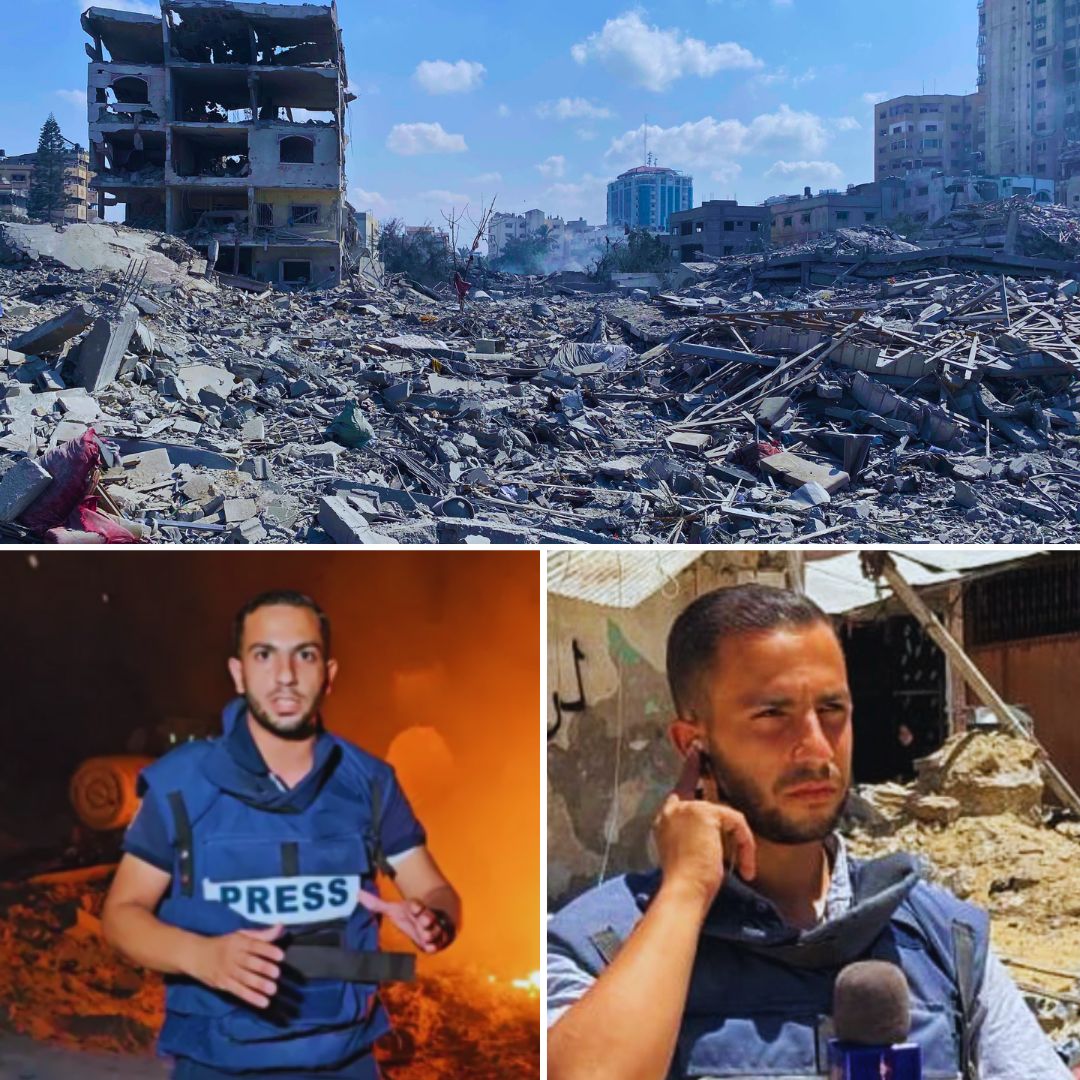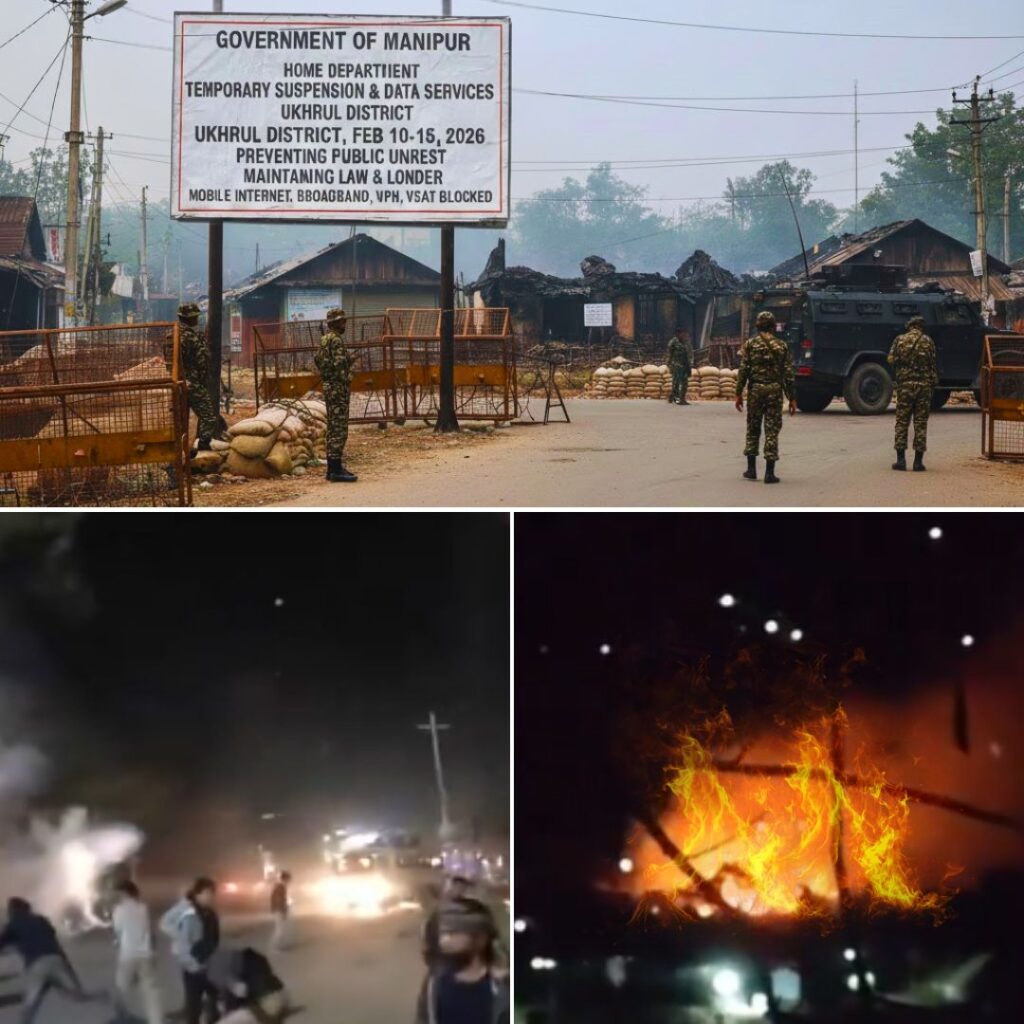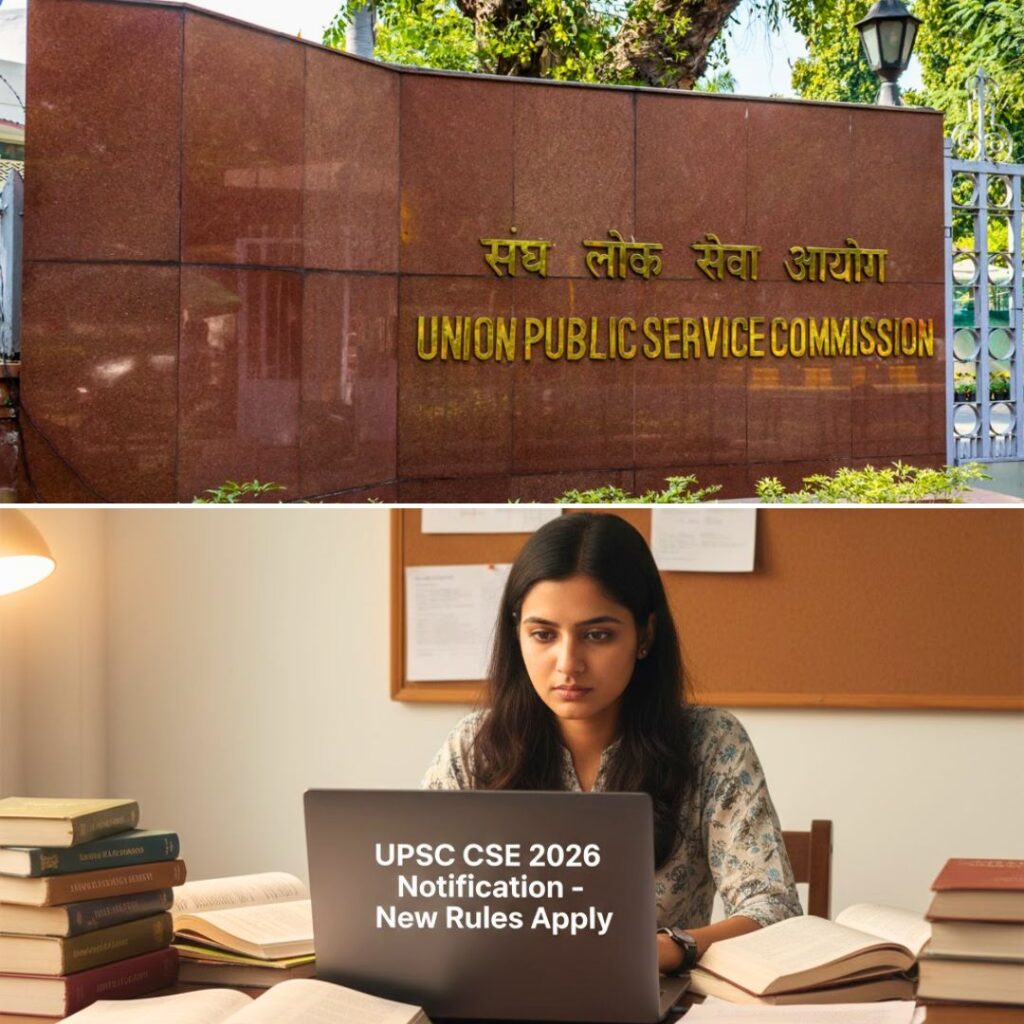On Sunday evening near Gaza City’s Al-Shifa Hospital, an Israeli airstrike killed five Al Jazeera journalists including correspondent Anas al-Sharif, who was targeted by the Israeli military. The strike hit a press tent near the hospital’s main gate where the journalists were stationed. Israel’s Defense Forces accused al-Sharif of being a Hamas cell leader involved in rocket attacks, but Al Jazeera and human rights groups strongly deny these claims and condemn the attack as a deliberate effort to silence journalists amid escalating conflict.
The incident has drawn condemnation from journalist protection groups and heightened tensions, with Hamas warning it could mark the beginning of a new offensive.
Killing of Al Jazeera Journalists
Anas al-Sharif, aged 28, an acclaimed correspondent known for frontline coverage of northern Gaza’s intense combat, was among five journalists killed in the strike. Alongside al-Sharif, photographers Mohammed Qreiqeh, Ibrahim Zaher, Mohammed Noufal, and an assistant also lost their lives. The journalists were reporting from a press tent outside Al-Shifa Hospital, a critical medical facility in Gaza City.
In the moments before the strike, al-Sharif posted on social media about the heavy Israeli bombardment in Gaza, emphasizing the dangerous and volatile environment in which the reporters worked. Al Jazeera condemned the attack as a “targeted assassination” aimed at silencing voices revealing the realities of the Israeli offensive and the imminent occupation of Gaza.youtube.
Claims and Denials Over Al Sharif’s Alleged Militant Affiliations
The Israeli military stated through Telegram messages that al-Sharif had led a Hamas terrorist cell involved in planning rocket attacks against Israeli civilians and soldiers, showing what it said were intelligence documents and materials recovered in Gaza to support their claim. However, this accusation is strongly disputed by Al Jazeera, other media watchdogs, and human rights organisations.
They assert al-Sharif was purely a journalist performing his duties in a dangerous war zone, not a militant. The Committee to Protect Journalists (CPJ) and UN experts have criticized Israel for labeling journalists as militants without credible evidence. CPJ’s regional director Sara Qudah commented that such patterns undermine press freedom and put civilian journalists in grave danger. The Gaza Health Ministry reported that two additional civilians died in the strike, highlighting the broader civilian cost of the ongoing conflict.
Context of the Gaza Conflict and Press Risks
This deadly airstrike has occurred amid months of escalating violence in Gaza, with frequent Israeli bombardments and Palestinian rocket fire intensifying the conflict. Since the war began in October 2023, the Gaza government media office reported that 269 journalists have been killed as part of what many describe as an ongoing assault on press freedom and transparency in conflict zones.
Al Jazeera has previously accused the Israel Defence Forces of a campaign of harassment and threats towards their journalists operating in Gaza. The network insists that by targeting frontline reporters like al-Sharif, Israel aims to suppress independent reporting on civilian suffering and the destruction caused by the conflict. This attack underscores the extreme dangers journalists face covering highly volatile and life-threatening situations in Gaza, where frontline media are often caught in the crossfire or deliberately targeted.
The Logical Indian’s Perspective
The loss of Anas al-Sharif and his colleagues represents a profound tragedy not only for journalism but for the global community’s right to information from conflict zones. This killing highlights the urgent need to uphold press freedom and safeguard journalists who risk their lives to report truthfully under war conditions.
Media serve as vital witnesses to human suffering and conflict realities; silencing them threatens transparency and accountability. The Logical Indian reiterates the importance of empathy, peaceful dialogue, and coexistence amidst conflict, advocating strongly for international mechanisms to protect journalists.












